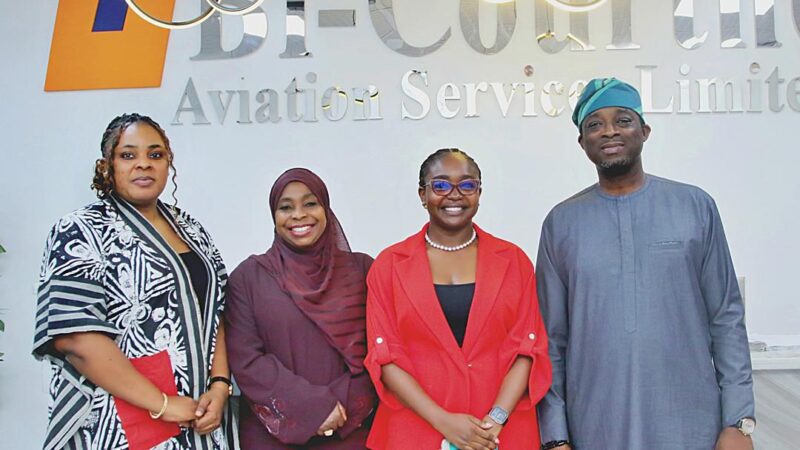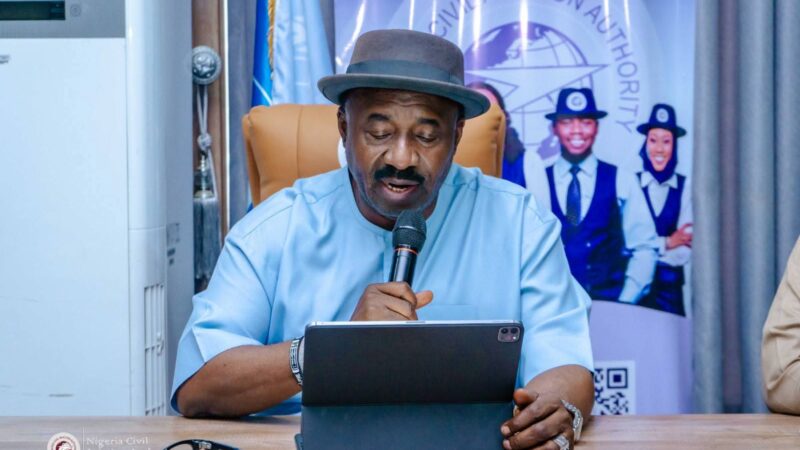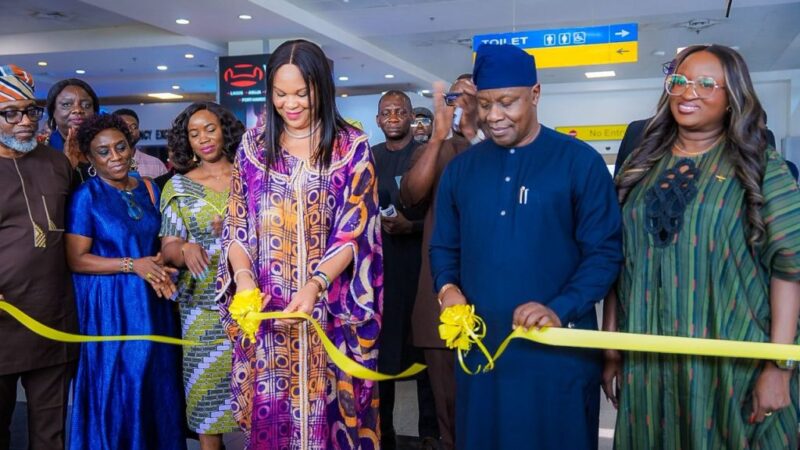EMOSIM Celebrated for Powering Nigeria’s MVNO Revolution as Stakeholders Laud Homegrown Innovation, Digital Inclusion
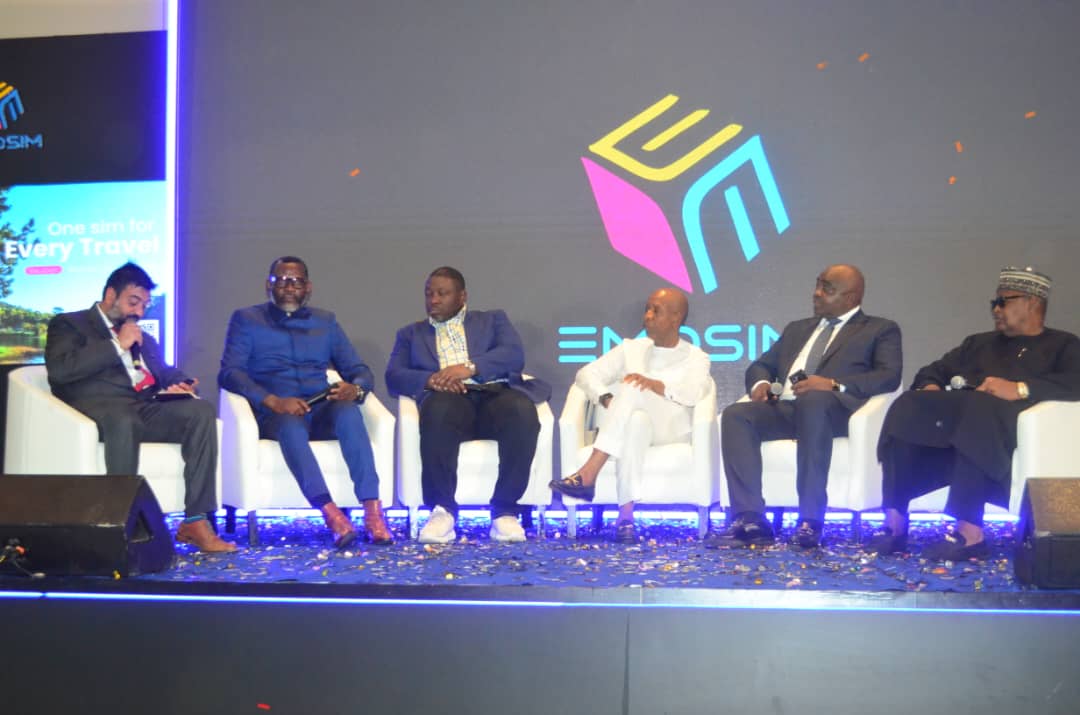
Telecommunications stakeholders and government officials, in a momentous gathering that celebrated innovation, regulatory foresight, and Nigeria’s digital transformation, converged to commend EMOSIM, a pioneering Nigerian Mobile Virtual Network Operator (MVNO), for its strategic role in bridging connectivity gaps and boosting national digital inclusion.
Former Executive Vice Chairman of the Nigerian Communications Commission (NCC), Prof. Umar Danbatta, delivered a keynote address in which he paid glowing tribute to Mr. Jimin, Chairman and Founder of EMOSIM.
Applauding Jimin’s vision and leadership, Danbatta underscored the relevance of MVNOs in optimising spectrum use and promoting affordable, accessible telecommunication services.
“Rather than allow spectrum to sit underutilised, we opened it to innovative players who could deliver niche services to underserved markets,” Danbatta stated. “EMOSIM stood out early on and has since transformed regulatory vision into real-world service.”
Danbatta highlighted EMOSIM’s alignment with the strategic goals of the Federal Ministry of Communications, Innovation, and Digital Economy, as well as the Ministry of Trade, noting that digital connectivity now underpins commerce and inclusion.
He praised EMOSIM for adhering to the three pillars of Universal Access: availability, accessibility, and affordability, describing the company’s e-SIM service as a seamless solution for travellers and mobile users.
Reflecting on the evolution of Nigeria’s telecom landscape, Danbatta traced the sector’s transformation from the days of NITEL’s monopoly with just 500,000 lines to today’s ecosystem of over 200 million subscribers.
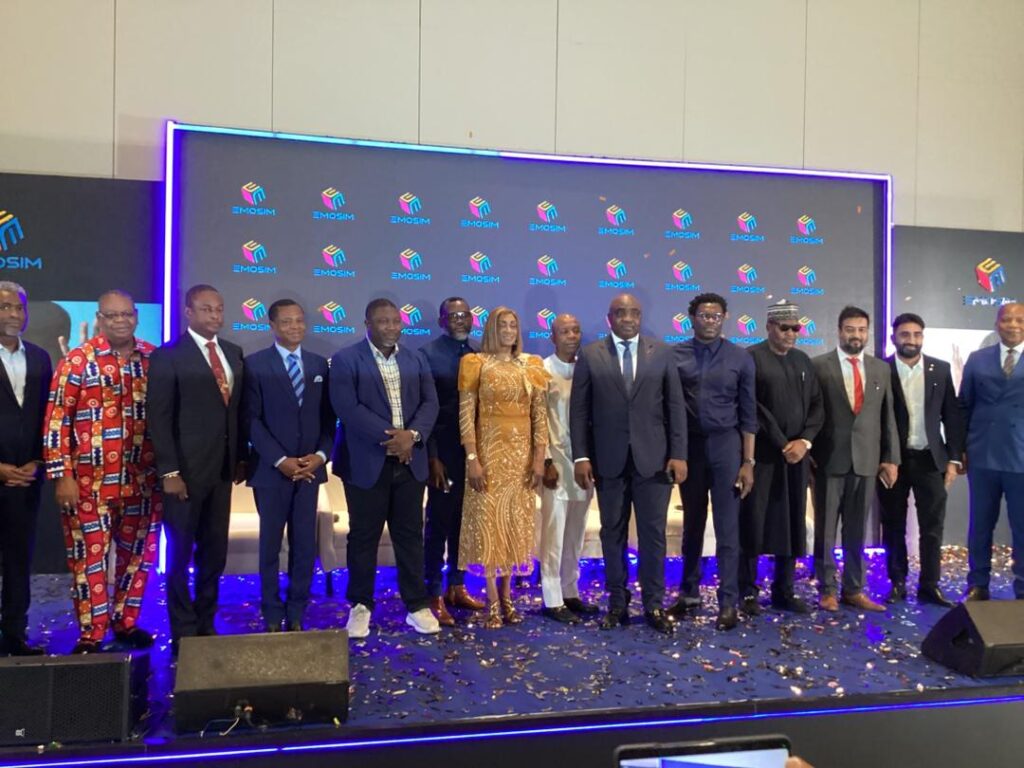
This revolution, he noted, was powered by policy liberalisation in 2003 – 2004 and the landmark Nigerian Communications Act, which enabled innovation and the rise of entities like MVNOs.
“The emergence of MVNOs is not symbolic,” he said. “These licenses come with roll-out obligations. By 2025, MVNO licensees must show concrete evidence of service delivery – or risk revocation.”
Danbatta also recalled Nigeria’s globally acclaimed 2010 spectrum auction and credited the success to the NCC’s regulatory independence and agility, granted by the Federal Government.
He stressed that continued synergy between policy and execution would ensure Nigeria remains at the forefront of Africa’s digital transformation.
Dr. Jobson Ewalefoh, Director-General of the Infrastructure Concession Regulatory Commission (ICRC), also emphasised the importance of data and innovation in national development.
“It’s time we grow our economic account books with ideas, intellect, and research,” Ewalefoh urged. “Let us create an environment where businesses thrive, barriers are broken, and Nigeria becomes self-sufficient.”
He commended the trust placed in Nigerian innovation by international partners like Tata Communications, describing the collaboration as evidence of Nigeria’s rising credibility in the global tech ecosystem.
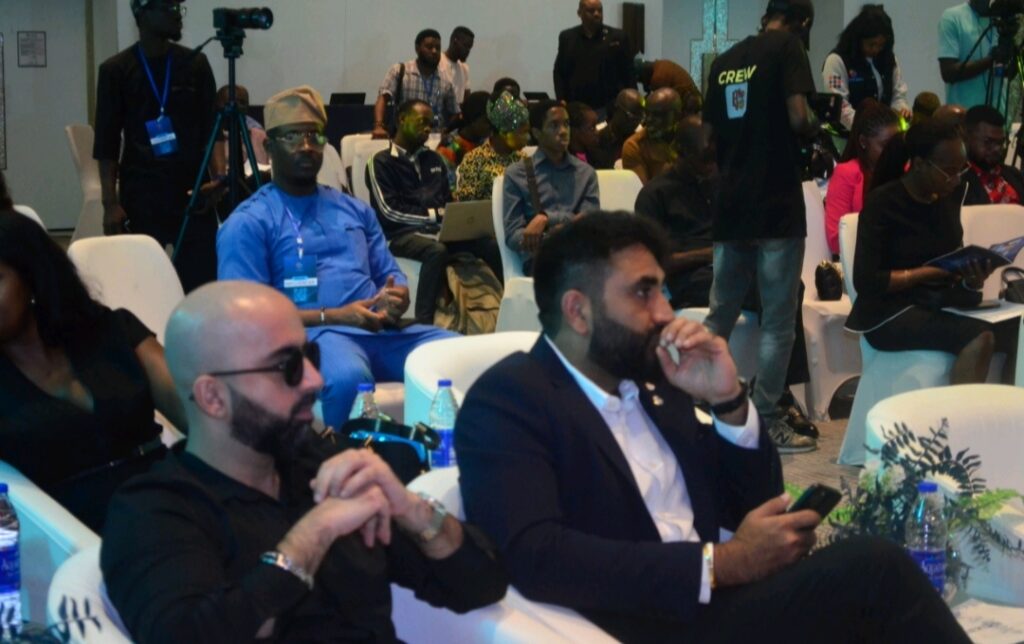
From a marketing perspective, Tony Agenmonmen, Immediate Past President of the National Institute of Marketing of Nigeria (NIMN), described EMOSIM’s offering as a direct solution to real-world challenges encountered by travellers.
“Travelling across five countries used to mean five different SIMs,” he said. “EMOSIM eliminates that hassle – seamless connectivity, from a Nigerian firm, supported by Tata. It’s a proud moment.”
He added that the initiative speaks volumes about Nigeria’s potential to deliver world-class solutions and challenged entrepreneurs to treat the telecom ecosystem as collaborative rather than competitive.
In a similar vein, Bayo Adedeji, CEO of Wakanow, applauded the local development of the e-SIM as a game changer in curbing foreign exchange leakage.
“Before now, companies like ours bought e-SIMs from abroad, bleeding US dollars,” he explained. “Now, with a homegrown solution, we retain value and can scale across 28 countries where we operate.”
He called EMOSIM a catalyst for true African interconnectivity, particularly in regions with language barriers and complex telecom setups.
“If EMOSIM can solve connectivity in Guinea-Bissau and Congo, we open the gate to intra-African trade and wealth creation,” he added.
Adedeji concluded with optimism: “I’m more excited about the future – and the revenue we’ll generate together.”
The event echoed a common theme: local innovation, backed by progressive regulation and global partnership, is key to Nigeria’s technological advancement.
EMOSIM, by all accounts, has positioned itself as a powerful example of what can happen when regulatory intent meets entrepreneurial excellence.



